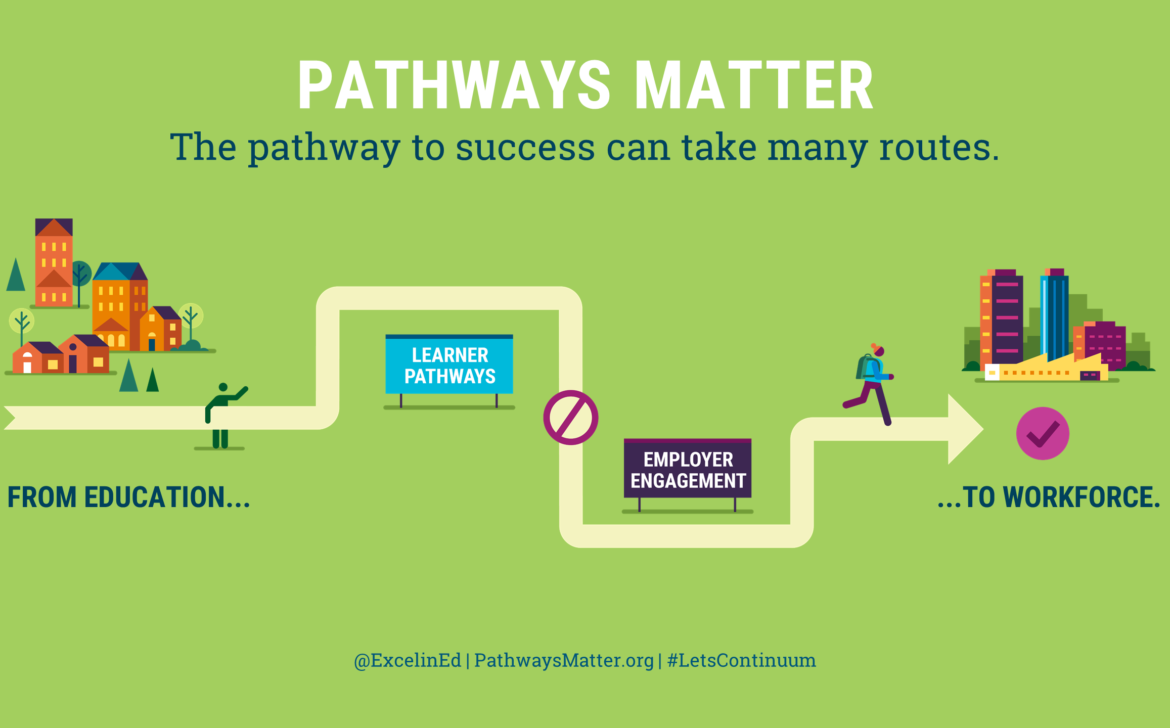Pathways to success: A Comprehensive guide to Education
Education is the key to personal and professional growth. It empowers individuals to explore their passions, acquire knowledge, and develop essential skills needed to succeed in life. However, the journey through education can be complex, with numerous pathways to choose from. In this comprehensive guide, we will explore various routes to success, including traditional academic pursuits, vocational training, and alternative learning methods. By understanding the diverse options available, you can make informed decisions that align with your goals and aspirations. 1)Traditional Academic Pathways: c). Graduate Studies: For those seeking advanced knowledge and specialization, graduate studies provide an avenue for in-depth exploration of a particular subject. Master’s and doctoral programs offer opportunities to conduct research, gain expertise, and contribute to the advancement of knowledge in your field. 2)Vocational Training and Skill Development: c). Certifications and Short-Term Courses: Acquiring industry-recognized certifications or enrolling in short-term courses can enhance your skillset and improve employability. These programs are often flexible and can be pursued alongside other commitments. 3)Alternative Learning Methods: c). Professional Development and Continuous Learning: Education is a lifelong journey. Engaging in professional development activities, attending workshops, seminars, and conferences, and staying updated with industry trends ensures ongoing growth and adaptability in a rapidly changing world. Education is a transformative force that opens doors to a world of opportunities. By understanding the diverse pathways available, you can tailor your educational journey to align with your unique goals and aspirations. Whether you choose traditional academic routes, vocational training, or alternative learning methods, the key is to invest in your personal and professional development. Remember that success is not solely defined by the path you choose but by the dedication, passion, and perseverance you bring to your chosen field. Embrace lifelong learning, stay curious, and navigate your educational journey with confidence towards a brighter future
a). Primary and Secondary Education: A strong foundation in primary and secondary education forms the basis of a successful academic journey. Focus on core subjects like mathematics, science, languages, and humanities, while nurturing critical thinking, problem-solving, and communication skills.
b). Higher Education: Pursuing higher education through universities, colleges, or specialized institutions offers a vast array of degree programs. Choose a field of study that aligns with your interests and career goals, such as humanities, sciences, business, engineering, or medicine. Consider factors like program reputation, faculty, and opportunities for internships or research.
a). Technical and Trade Schools: Vocational training equips individuals with practical skills required for specific industries. Consider programs in fields like automotive technology, culinary arts, construction, healthcare, or graphic design. These programs often have a shorter duration, allowing you to enter the workforce sooner.
b). Apprenticeships: Apprenticeships offer a hands-on approach to learning, combining practical training with classroom instruction. They provide opportunities to work under the guidance of experienced professionals, gaining valuable industry-specific skills and knowledge while earning a wage.
a). Online Education: The digital age has revolutionized education, making it accessible to individuals worldwide. Online platforms offer a wide range of courses and degree programs, providing flexibility and self-paced learning options. This avenue is particularly beneficial for individuals with busy schedules or those seeking to balance work and education.
b). Open Educational Resources (OER): OER encompasses freely accessible learning materials, including textbooks, videos, and interactive resources. These resources enable self-directed learning, allowing you to explore subjects of interest at your own pace.
























